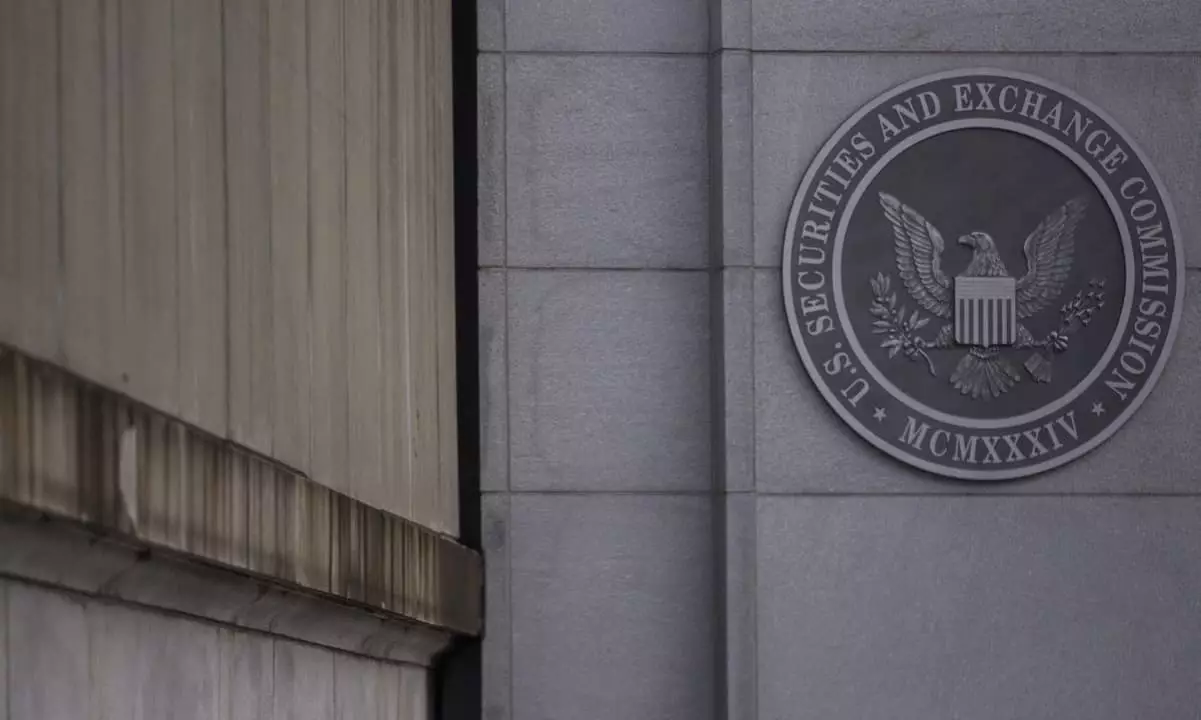In a surprise announcement that reverberated throughout the cryptocurrency and regulatory landscape, Gurbir Grewal, the Director of Enforcement for the U.S. Securities and Exchange Commission (SEC), has declared his resignation. His exit is set for October 11, 2024, coinciding with a pivotal moment in the SEC’s ongoing legal battle with Ripple, a company heavily scrutinized for its XRP token activities. The timing of Grewal’s departure is striking, leading legal analysts and crypto commentators to question the implications for the SEC and its regulatory approaches.
Grewal’s resignation was confirmed in a press release dated October 2, wherein SEC Chair Gary Gensler hailed him as a “dedicated public servant.” However, little time elapsed before the SEC entered an appeal in its contentious case against Ripple, a circumstance that raises eyebrows and invites speculation about Grewal’s motivations and the potential impacts on ongoing enforcement actions.
Amid this turmoil, the SEC has appointed Sanjay Wadhwa, a veteran with 21 years of experience at the Commission, as interim Director of Enforcement. This transitional period is critical, especially given that Wadhwa’s extensive experience will be tested against the backdrop of the Ripple case and the broader regulatory scrutiny on the cryptocurrency sector. Notably, Sam Waldon, Wadhwa’s Deputy, will temporarily occupy his former duties, ensuring continuity as the SEC searches for a permanent replacement.
While the appointment of seasoned officials may signal a desire for stability, the abruptness of Grewal’s exit has fostered uncertainty. Legal experts are now closely monitoring how this transition influences the SEC’s approach to enforcement, particularly concerning ongoing interpretations of blockchain technologies and cryptocurrency regulation.
As the SEC prepares to file a notice of appeal regarding its case against Ripple, questions abound regarding the foundation and implications of its legal strategies. This appeal could potentially challenge various aspects of the initial ruling, including the determination of Ripple’s sales activities and financial penalties. The situation has garnered significant criticism, particularly from prominent figures in the legal community like Jeremy Hogan, who deemed the SEC’s appeal “a big mistake.” His insights underline a crucial point: whether gains from appealing the decision will outweigh the risks, especially when the SEC’s historical success rate in similar cases is minimal.
Legal scholars are quick to highlight that a victory for the SEC in this case may exacerbate regulatory confusion rather than clarify protections for investors. In this light, Hogan emphasizes the need for Ripple to consider leveraging state laws to bolster its defense, a move that could challenge the SEC’s authority over the broader crypto landscape.
Grewal’s resignation and the ongoing appeal against Ripple signify a critical juncture for the SEC and its regulatory framework concerning cryptocurrencies. As the agency grapples with internal leadership changes and external pressures, the path forward will likely be fraught with complexities. The outcomes of these legal battles not only shape the regulatory landscape but also influence how cryptocurrency firms navigate their legal obligations amid evolving guidelines.
As stakeholders from various sectors keep a watchful eye on the SEC’s next moves, the case against Ripple serves as a bellwether for the future of digital asset regulation in the United States. Ultimately, the efficacy of these regulatory efforts will influence the degree of trust and innovation in the crypto marketplace, marking this as a pivotal moment in the ongoing dialogue surrounding digital currencies and their place in the financial ecosystem.








